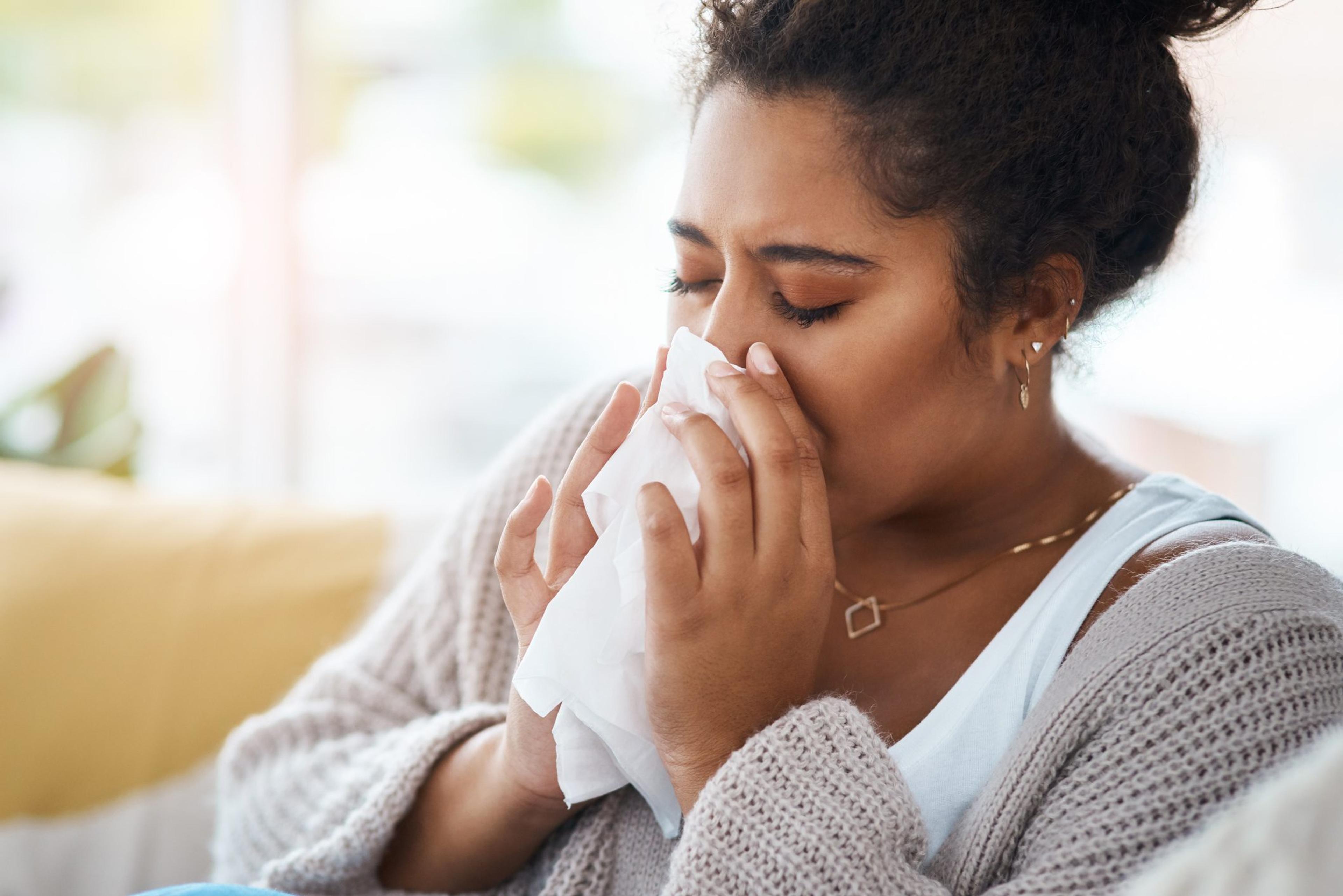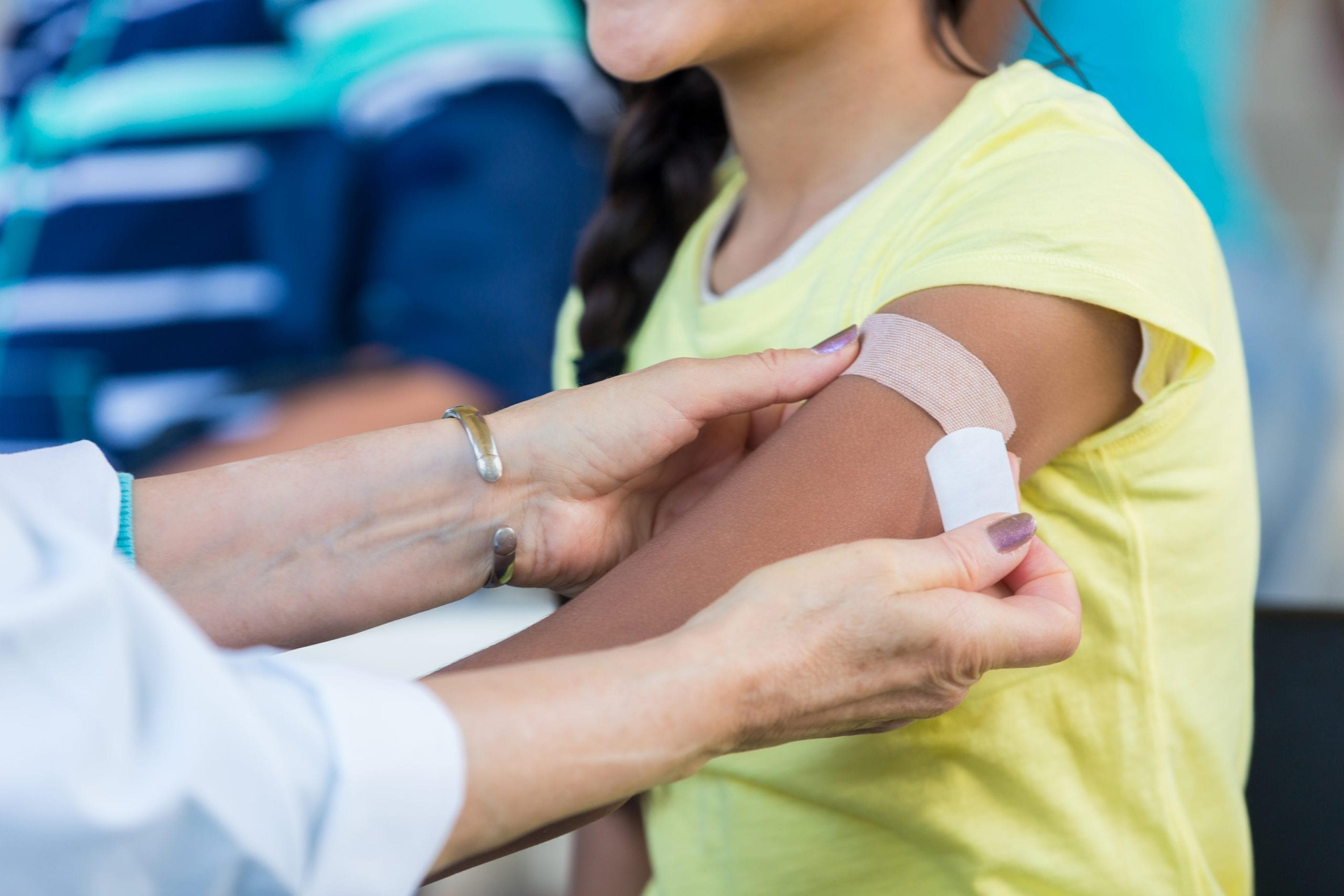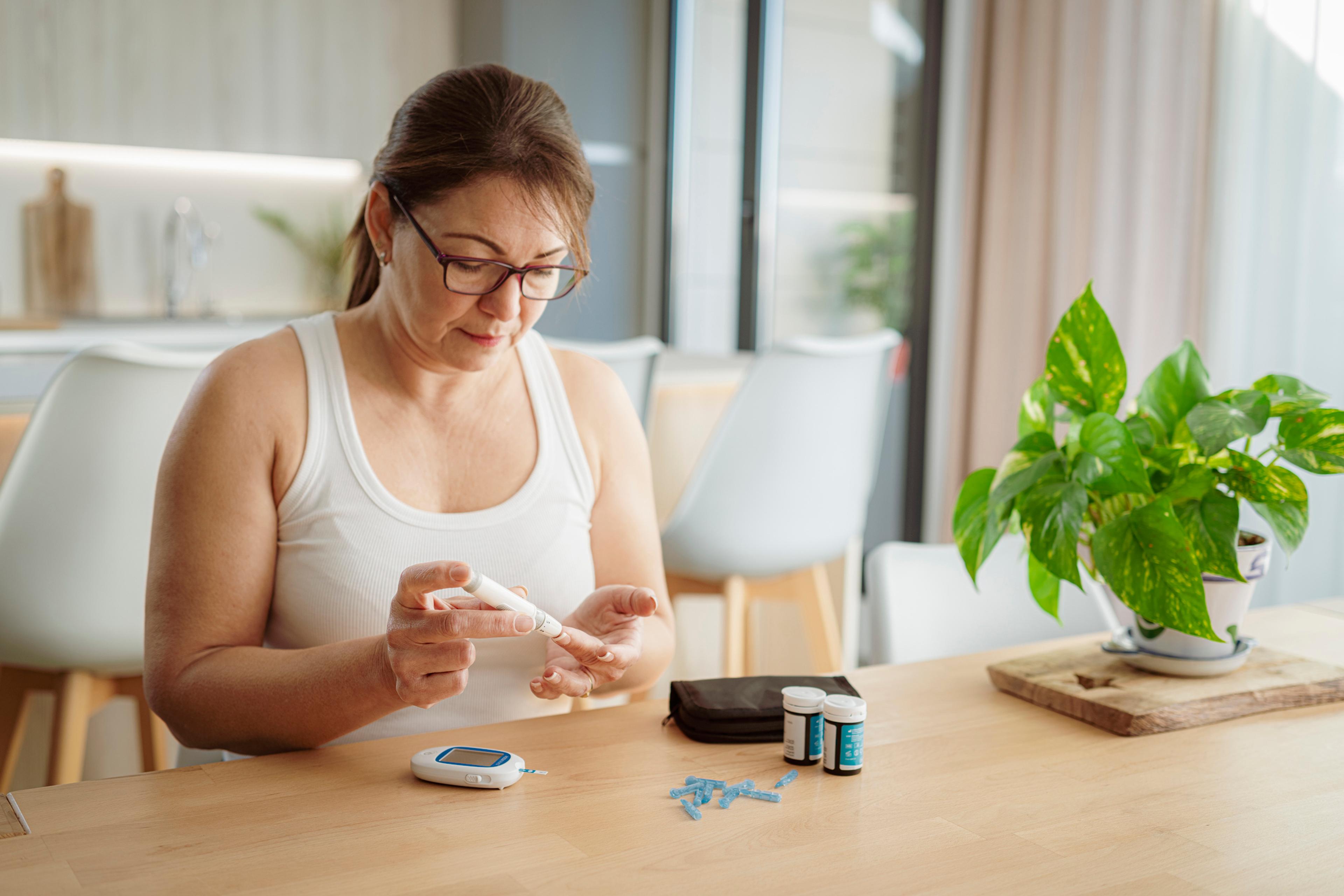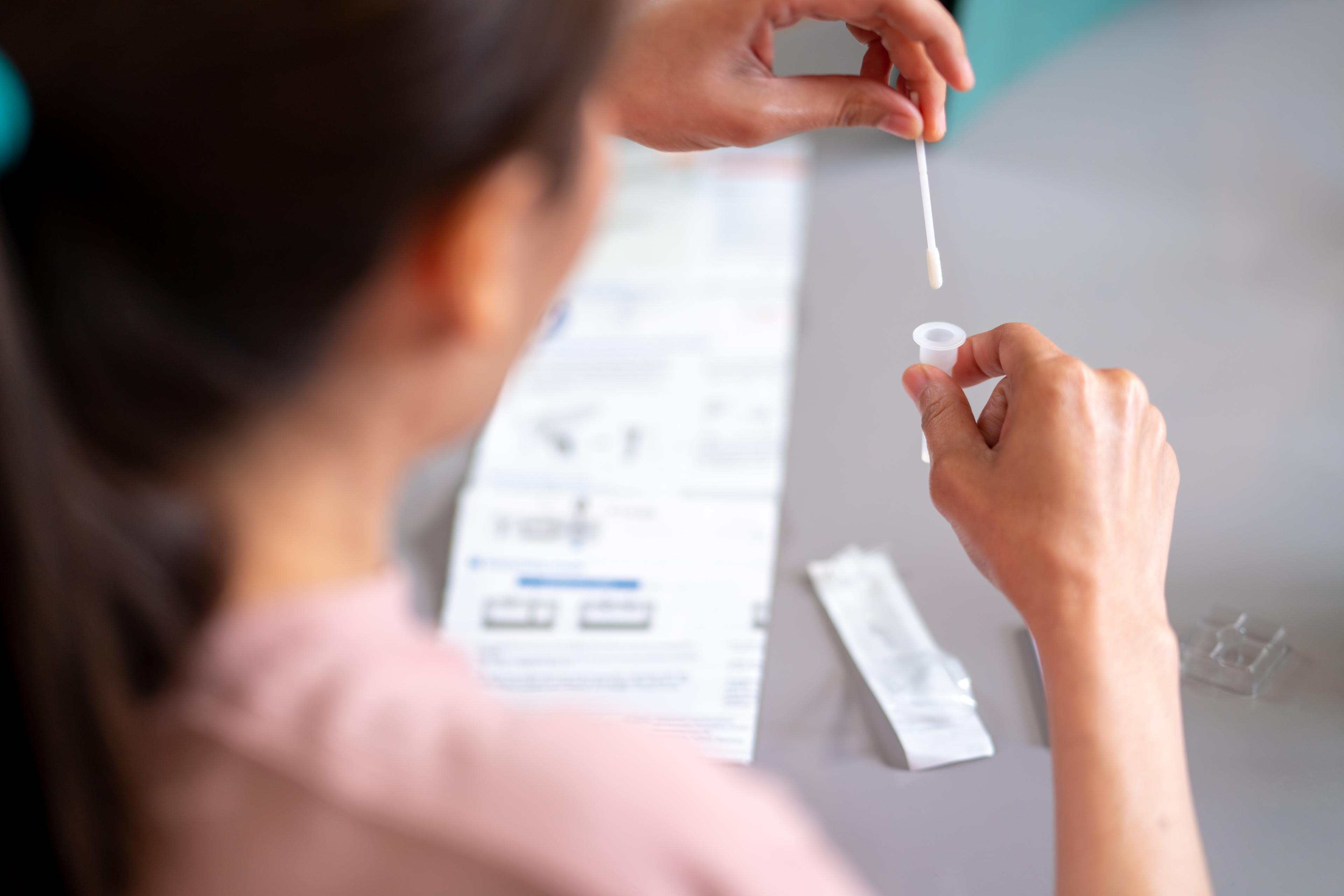New COVID-19 Variants Underscore Importance of Prevention Efforts to Stop the Spread
Julie Bitely
| 2 min read
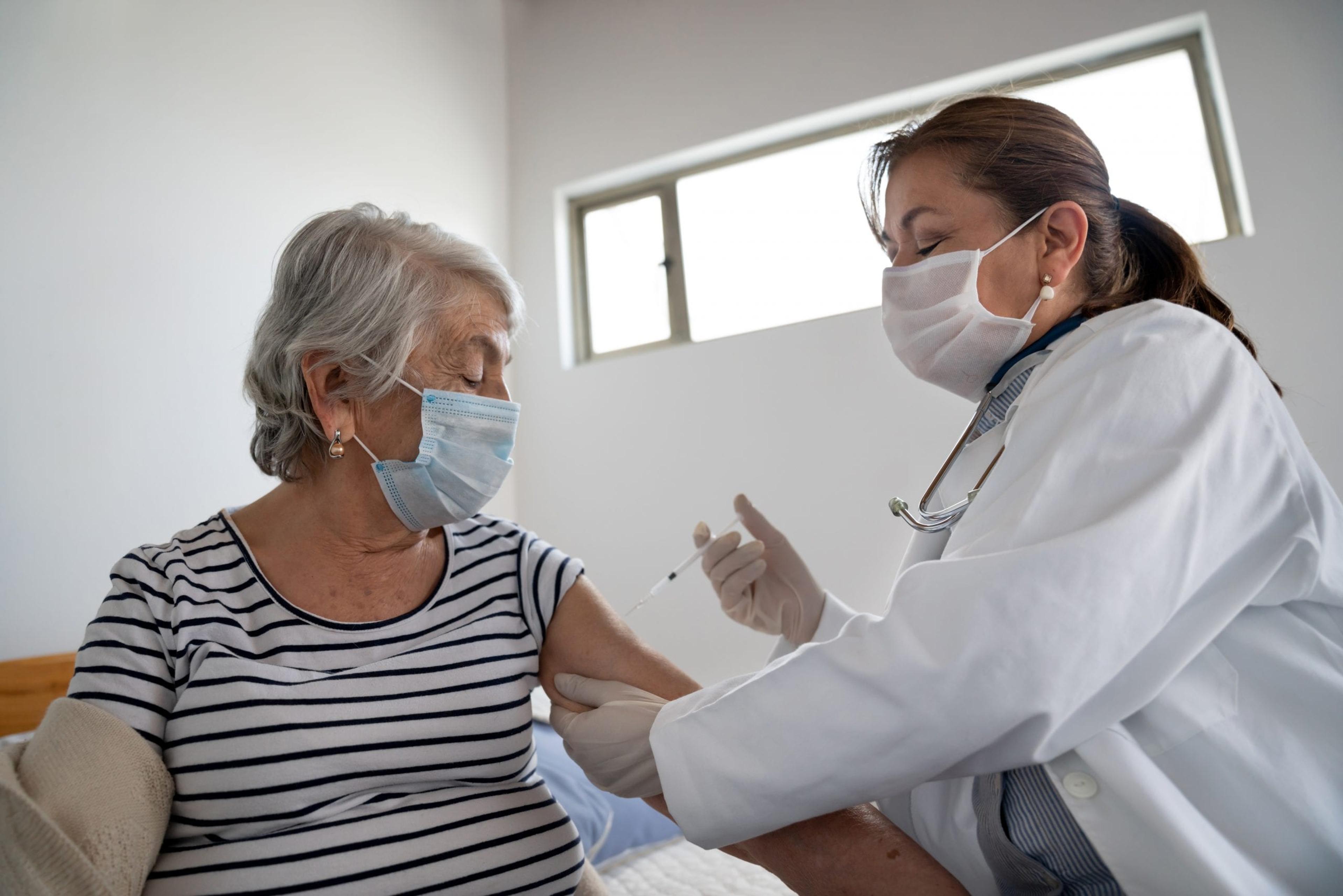
A new, more contagious variant strain of the coronavirus has been identified in Michigan. Known as B.1.1.7, the mutated strain likely first appeared in the United Kingdom in Sept. 2020, according to the Centers for Disease Control and Prevention, although it wasn’t confirmed until Nov. 2020. Since then it has been identified in more than 30 countries and was first reported in the U.S. in Colorado near the end of December. The B.1.1.7 strain from the U.K. is one of three strains the CDC are tracking. The P.1 variant from Brazil was detected in the U.S. for the first time in Minnesota Jan. 26, and the B.1.351 variant from South Africa was detected in the U.S. for the first time in South Carolina Jan. 28.
What’s different about the b.1.1.7 Variant strain?
According to the CDC, the B.1.1.7 strain of virus has increased transmissibility, meaning it’s able to spread faster and more efficiently. Some experts estimate it could be 50% more contagious than the original strain.
Is it more dangerous?
There is no evidence that B.1.1.7 causes more severe cases of COVID-19, but since it is easier to transmit, health officials are concerned that it could lead to an uptick in cases. A significant surge in cases related to the new variant could further overburden health care systems.
Will the new vaccines provide protection against the b.1.1.7 variant?
Experts do believe that the new vaccines will likely be effective against the B.1.1.7 strain. According to the CDC, there’s no evidence to suggest the variant will impact vaccine efficacy. However, that could change if new variants develop.
What should I do to protect myself?
Measures to stop the spread of the coronavirus should continue to be followed.
- Wear a multilayer cloth mask when you are out in public and with people outside of your immediate household. Masks are more effective than plastic face shields and neck gaiters and provide protection for the wearer and others they encounter.
- Avoid gathering with people outside of your immediate household. If you must gather, experts recommend doing it outdoors when possible, maintaining at least six feet of distance and wearing masks. It is not advised to eat with others outside of your household as this increases the likelihood of the virus spreading.
- Monitor your own health and stay home when you are sick. Wash your hands frequently with soap and water and use hand sanitizer when that is not an option.
Related:
Photo credit: Hispanolistic

